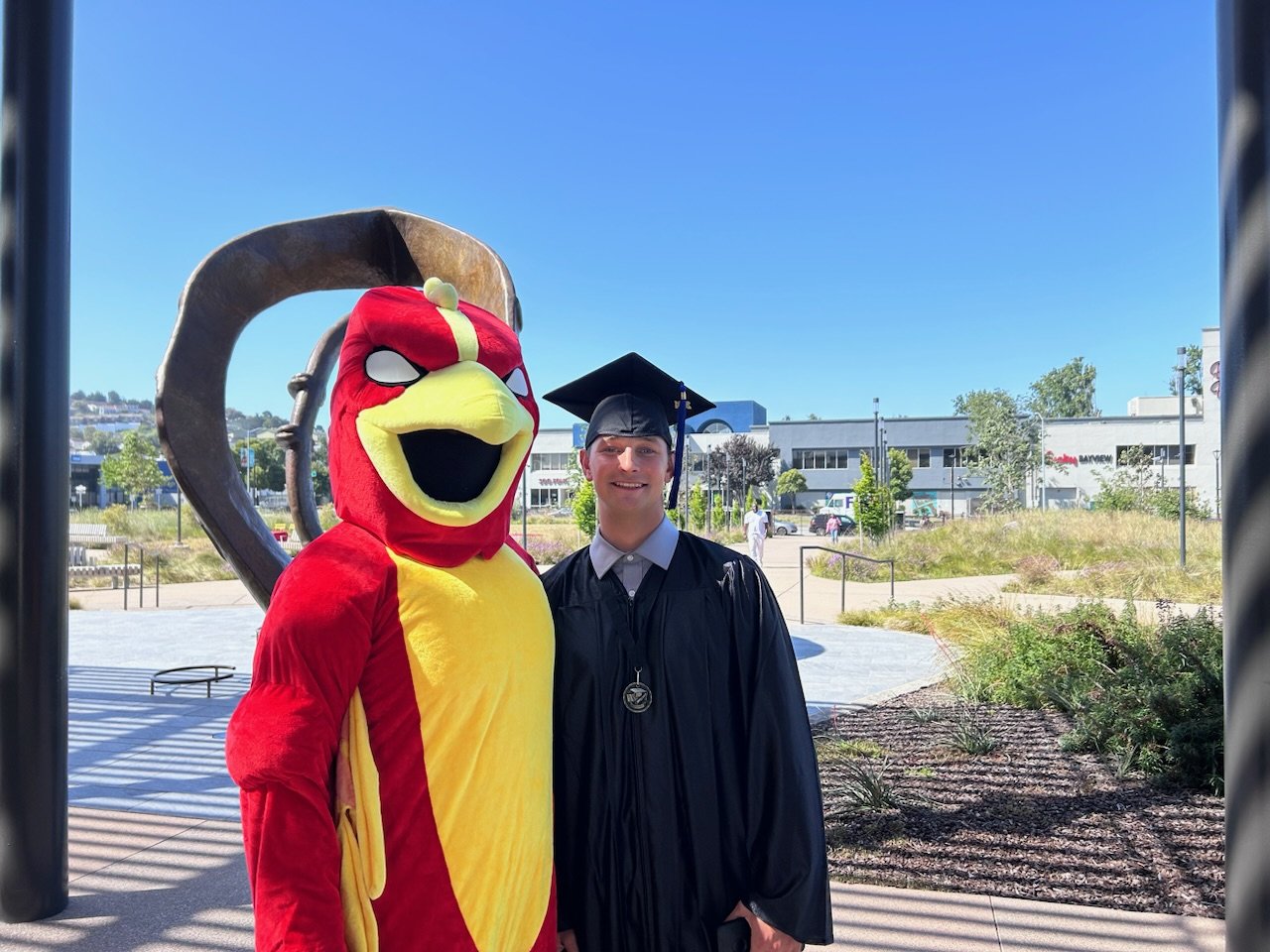From Student to Principal Advocate: How Monique Kammer Turned Setbacks
into Steppingstones
At 15, Monique Kammer became pregnant and was kicked out of high school.
“I was one of ‘those kids,” she says. “I was basically told, ‘We don’t do pregnancies, get out,” says Monique. She owes her future and is eternally grateful to a teacher, Mrs. Brown, who she says told her, “This is not the end of life for you. We will find another way.”
Against all odds, she did! She achieved her high school GED, then junior college, where at the same time she financed her education working as a bus driver in the Rialto school district, the same school district where she went to grade school.
Fast-forward almost 40 years, Monique holds a Doctor of Education and Social Justice, a master’s in educational administration, a Bachelor’s in English, is a certified biblical studies graduate, runs her own education consultancy and helped lead education reform in the United Arab Emirates.
Today she oversees the high school education of more than 500 male inmates as the Principal of Pitchess Detention Center for Five Keys. The school provides educational services to three different areas in the detention center, including a maximum-security facility in Castaic, CA.
“The fact that I was a teen who got kicked out of school because I was pregnant, and now am an EdD who is helping the people Five Keys serves who face very tough roads is so significant for me and is the way I can give back,” says Monique, biological mom of Raneisha, 36, and Mark, 29, stepmom to Sascha, 28 and grandmother of four.
On her LinkedIn Monique describes herself, as “Author | Social Justice Advocate | Education Consultant | Speaker | Ambassador for Christ.”
Becoming a Powerful Advocate
Monique has carved out a path that not only led her to success but has also made her a powerful advocate for those who have been left behind. Her journey from a teenage mom to the helm of California’s oldest criminal detention facility has included serving eight years as a bus driver for her childhood school district in Rialto, California. She’s taught English in middle schools and high schools; been a high school cheerleading coach and worked her way up to vice principal and principal, working largely in school districts in underserved neighborhoods with African American and first-generation Hispanic students.
“I take a no child left behind approach,” she says. “I don’t focus on making students perfect, I ask them to move one step ahead at a time.
Unlocking Futures
Her story speaks volumes about the power of education to transform lives when individuals are empowered and supported. With social justice, inclusivity, and leadership driving her every action, Monique brings her mantra, “You Can! They Will! Don’t Ever Give Up!” to Five Keys.
Last summer, just months into her principal’s position at Five Keys overseeing 11 teachers, Monique was especially proud of the 17 men who walked down the graduation aisle with their high school diplomas in hand.
Most of them wrote an essay on how they now have hope,” says Monique. “I told them, your diploma has no expiration date, it is the key to unlocking your future. It will wait for you in five, or even 10 years; it has no expiration. No matter how bleak your circumstances can seem, there is always hope. I know that and the graduation ceremony of these men is all about giving people hope.”
The Power of Diversity and Inclusivity
At the heart of Monique’s leadership philosophy is a deep belief in the power of diversity.
“I passionately believe that a team that is diverse is unstoppable,” says Monique. “With contributions of various perspectives, values, backgrounds, insights, abilities, and enthusiasms, the possibilities are endless.” She adds that true innovation stems from a culture of inclusivity, where everyone who contributes feels valued, appreciated, and empowered because of the attributes that make them unique.
Defining Life Purpose
Monique chronicles her experiences in her book, I Wish Someone Would Have Told Me That! Messages to Those Who Come After Me. The book is meant to bring that hope to people of all ages who are wondering if they have a life purpose, to help them identify their capabilities and gifts and to release the heavy weight of past decisions that haunt them and holds them back from claiming the life they deserve.
In the book she speaks to readers: “Let me tell you something I wish someone would have told me: I know how to beat those feelings. I will help you find healing and show you how to let go of the past and embrace your future! How do I know? Because I've been there. Discover the messages that I wish someone would have told me. I pray that my messages can help you become the strong, courageous, and confident person God intended you to be!”
Outside work, Monique and her husband hit the California highways in their RV, camping, exploring new places, and lifelong learning. Spring Break this year they are headed with the whole clan, grandkids and all, to Utah for skiing.
“There’s always a new adventure or opportunity to explore,” she says.


















